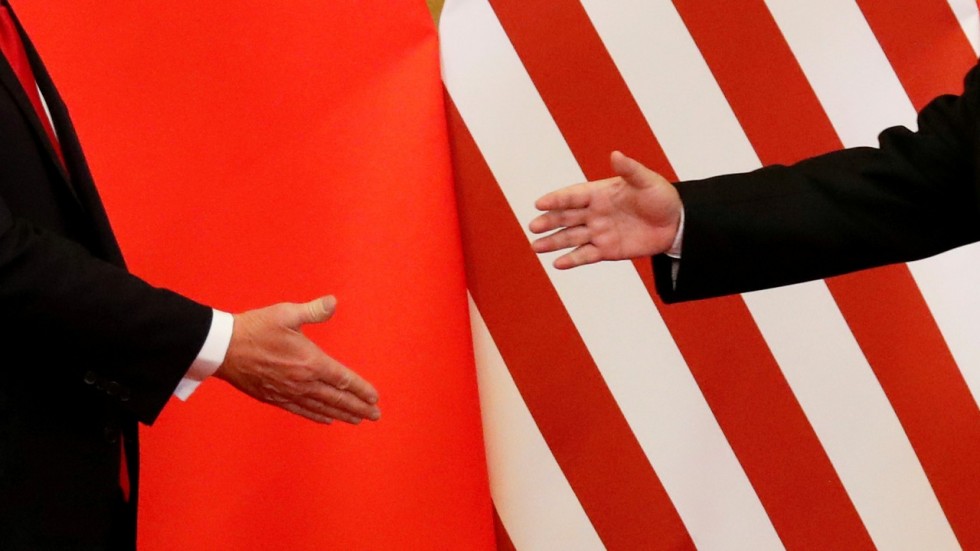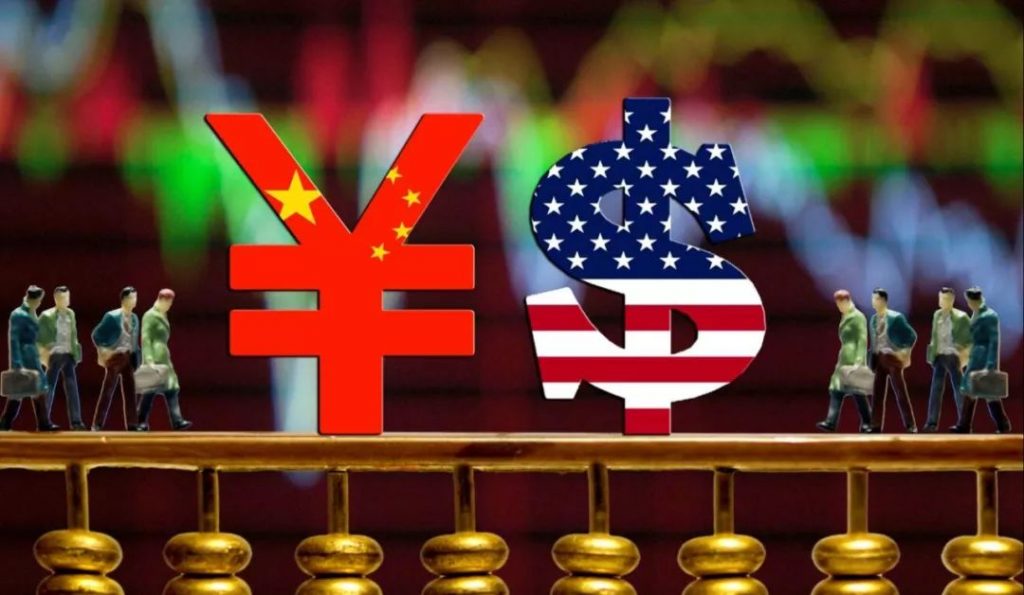In 2012, I wrote a piece for the Wall Street Journal entitled China’s Slowdown and You: The effects for foreign companies extend beyond merely slack sales on the impact China’s slowing economy was having on foreign companies doing business with China. In it I asserted the following economy-related things were happening or would happen to foreign companies doing business in China:
- The Chinese government “is more concerned with social harmony than with economic numbers” and that is why it continues to encourage wage growth even though higher wages make China’s factories less competitive.
- China’s prioritization of its citizens’ contentment means China will continue getting tougher on foreigners, just as it has always done when times are tough. Everything foreign businesses do will be under heightened scrutiny.
- The Chinese authorities are throwing new roadblocks in the way of foreigners seeking to form businesses in China. Beijing and local governments are increasingly eager to distinguish between “contributing” and “noncontributing” foreigners, which means it has never been easier for well-funded, nonpolluting foreign companies to secure approval to operate in China — and it has never been tougher for foreign companies that pollute, pay low wages, or have no plans to hire Chinese employees.
- Chinese exporters, particularly those that compete with companies from lower-wage countries like Vietnam and Bangladesh, are suffering — in particular in low-tech, low-wage industries such as manufacturing of textiles, clothing, shoes and low-end electronics and toys. Foreign companies that do business with Chinese companies in these industries must keep up their guard.
- The key to weathering China’s slowdown will be for foreign companies to go back to basics: think afresh about what your company contributes to China’s economy and how that is likely to shape policy makers’ opinions; focus on scrupulous regulatory compliance; and renew your focus on due diligence at a company-to-company level.
I went back to read that article because to try to get some insight on what is happening and will happen with foreign companies in China in light of the trade fights between the United States and China. Things are not so clear this time around.
I spoke earlier this week at the University of Washington School of Law’s Global Innovation Summit. After my talk an American lawyer with an undergraduate degree from a Chinese University and considerable knowledge about China asked me whether I thought Chinese courts sometimes bend over backwards for American companies that appear before them. I said “yes” and then told him of how way back in early 2001 — right when China was seeking admission into the WTO — I was in Qingdao overseeing a vessel arrest litigation matter and the Chinese court was so helpful and welcoming and acted so favorably for my client I used to joke that they must have thought I could influence whether China would get admitted to the WTO or not. In other words, sometimes foreign companies are favored in China’s courts, especially when the case is one that can be used to send a positive message to the world.
I then mentioned how my firm’s China lawyers keep hearing from American companies of how China has lately been going out of its way to show American companies how much they are welcome in China. In other words, US-China trade disputes are not increasing tensions for American companies on the ground or looking to operate in China; it is reducing it. I know this sounds counterintuitive and I also know it is absolutely not what I would have predicted, or as you can see here in this CNBC article, the exact opposite of what I did predict. China is apparently choosing to take the high road and the road that is most likely to economically benefit it.
We are hearing of local governments offering incentives for American companies to do XY or Z foreign direct investment within the next two to three months in return for government incentives. We are hearing of local governments making clear they will speed up WFOE or JV approval and then doing so. On all sorts of fronts the red carpet seems to be spread wide these days for American companies in China, in ways we’ve not seen for about a decade.
Why is this happening and how long will it continue and what should you as an American company doing business in China or seeking to do business in China do? I think this is happening because China’s exports to the United States are imperiled and its welcoming American companies with open arms is both politically and economically good for China. It is good politically because those American companies happy with their treatment in China are potential goodwill ambassadors for China, both in the United States and worldwide. And it is good economically because the money and the business these American companies bring to China will at least somewhat replace revenues China has and will lose from its decreased exports.
Does all of this mean that American companies should run pell-mell to get into China? No. But it does mean that if you are contemplating forming a WFOE in China or buying a factory in China or doing a greenfield project in China, now would be an excellent time to get moving on that.
China for foreign direct investment by American companies. Come one come all.
UPDATE: China just issued its decision “killing” Qualcomm’s $44 billion deal to buy NXP. But before anyone asserts this disapproves all of the above, I will make my case as to why it does not. This is a massive deal and a super-important one for the direction of tech in the years to come. I am convinced China killed this deal not to be inhospitable, but because it wants to prevail in the global tech war. Your thoughts?
–This article originally appeared on China Law Blog.







